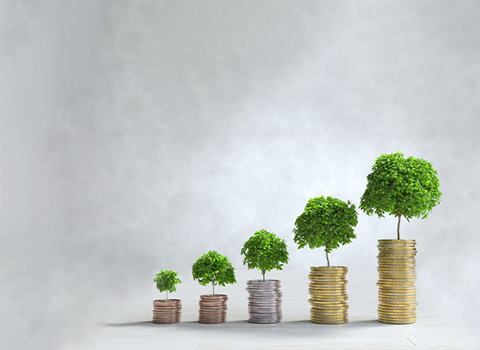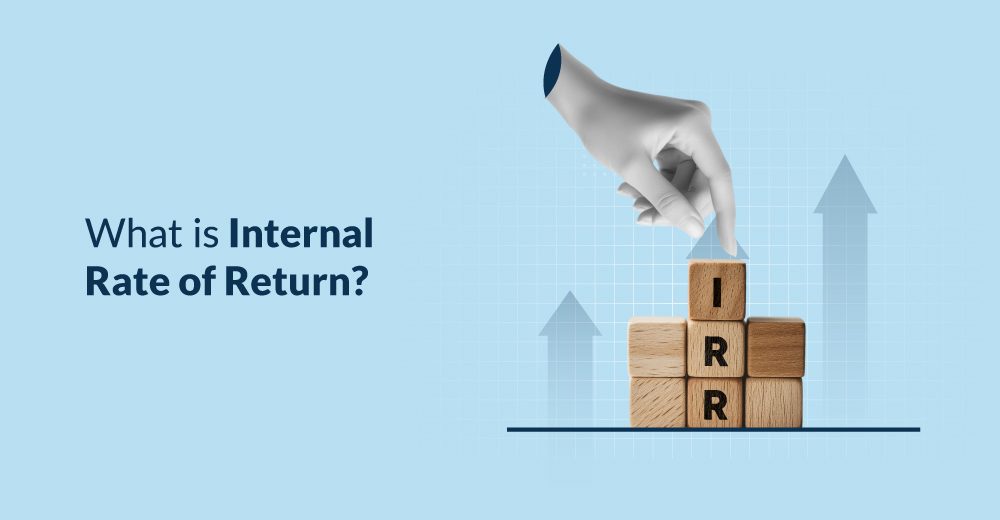Discover the world of mutual funds with our comprehensive guides, tailored for everyone from beginners to experienced investors. From understanding the basics of mutual funds and ETFs to mastering tax-efficient investing strategies and more, we've got you covered. Your journey to informed investing begins here, a one-stop source for everything mutual funds.
Start Investing
Explore blogs for new, novice and experienced investors!
Latest Articles on New to Investing
How the Fund Rebalances Between Large and Mid Caps Over Time
Large and mid cap funds aim to balance stability and growth by investing across large cap and mid cap stocks. Over time, this balance changes as market conditions evolve, stock…
Read MoreTaxation of Large & Mid Cap Fund: LTCG & STCG Explained
Large and mid cap mutual funds are equity-oriented schemes that invest in a mix of large cap and mid cap stocks, aiming to balance relative stability with long-term growth potential….
Read MoreCommon Investor Mistakes While Investing in Large & Mid Cap Funds
Large and mid cap funds invest in a combination of large cap and mid cap stocks, aiming to balance relative stability with long-term growth potential. Although these funds follow a…
Read MoreLatest Articles on Investing Guides
ULIP vs Mutual Funds: Which Investment Option is Right for You?
Choosing between a ULIP and a mutual fund can be tricky, especially when both are popular investment options in India. A unit-linked insurance plan (ULIP) combines life insurance with market-linked…
Read MoreWhat Are Thematic Mutual Funds, and Who Are They For?
Thematic funds are a kind of equity mutual fund that invests in businesses that are based around a particular, broad theme or megatrend. These topics can be wide, such as…
Read MoreWhat Is Mutual Fund Cut-Off Time, and Why Is It Important?
When you invest in mutual funds, the timing of your transaction can make a big difference. The mutual fund cut-off time decides which day’s Net Asset Value (NAV) will be…
Read MoreLatest Articles on Investing Insights
R-Squared in Mutual Funds: Meaning & Calculation
R-squared in mutual funds is a key metric that helps investors understand how closely a fund’s performance aligns with its benchmark index. Simply put, it shows what percentage of a…
Read MoreTreynor Ratio: Meaning, Features, & More
The Treynor Ratio is a measure of portfolio performance that evaluates the returns generated per unit of systematic risk, using beta as the key risk factor. It plays a significant…
Read MoreWhat Is the Internal Rate of Return?
The Internal Rate of Return (IRR) is an important financial metric used to assess the profitability of investments. It represents the discount rate at which the Net Present Value (NPV)…
Read More





















